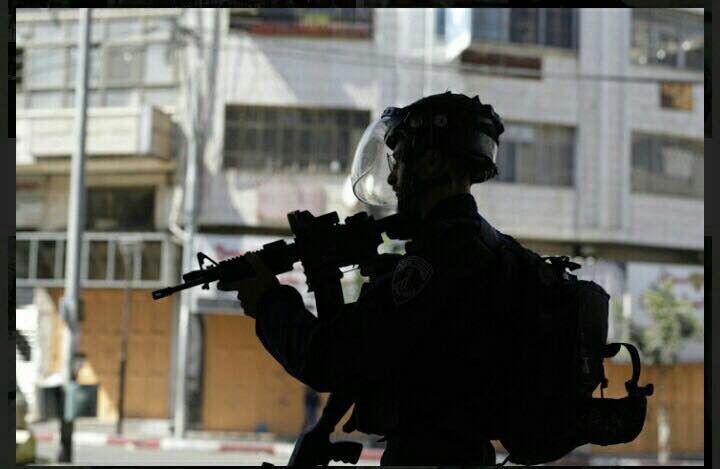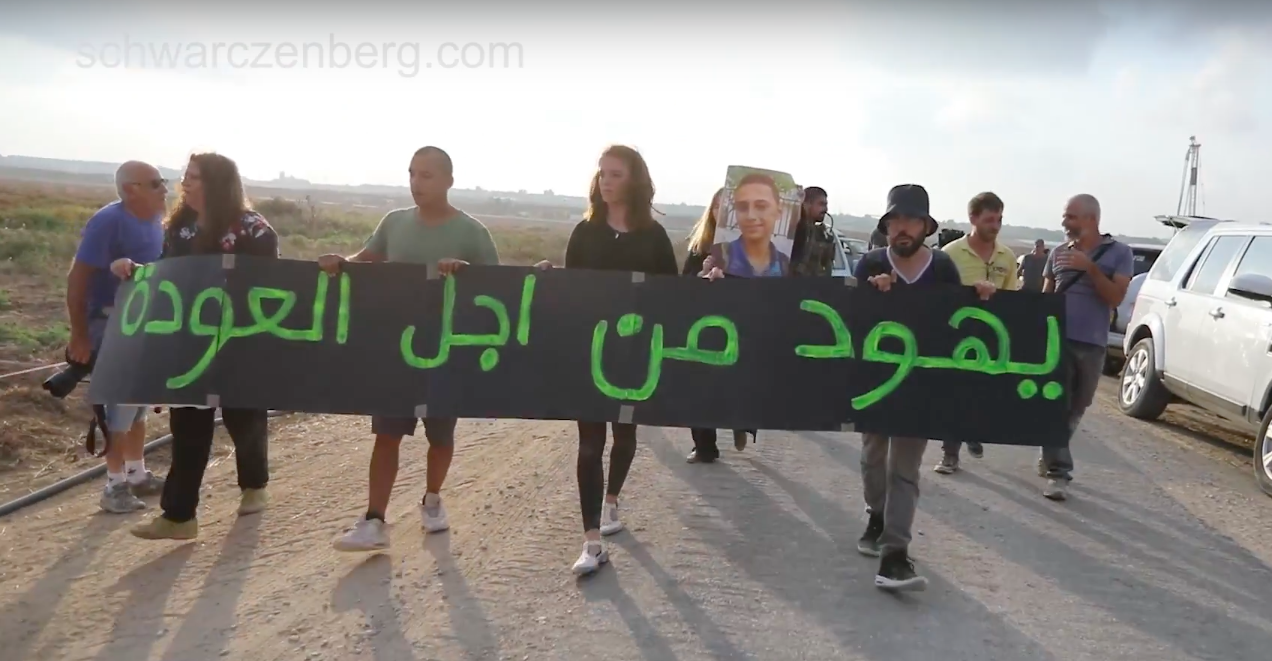Tag: Video
-
Friday demonstration violently repressed in Hebron
11th August 2018 | International Solidarity Movement, Al-Khalil Team | Hebron, occupied Palestine Yesterday, on the 10th of August, the Friday demonstration in the city of Hebron (Al-Khalil) was violently repressed by Israeli forces. Unarmed protestors gathered after Friday prayers, around 13:30, to protest against the occupation and in solidarity with Gaza. During the…
-
Video: Activists stand in solidarity with Gaza, are arrested by Israeli military and police
3rd August 2018 | Close to the Gaza fence Israeli and international protesters demonstrated at Gaza fence in solidarity with The Great Return March On Friday August 3rd, “Return”, a group of Israeli and international anti-Zionist activists, including activists from the International Solidarity movement, protested on the east side of the Gaza fence in solidarity with…
-
Israeli and international protesters demonstrated at Gaza fence in solidarity with The Great Return March
20th July 2018 | Close to the Gaza fence Israeli and international protesters demonstrated at Gaza fence in solidarity with The Great Return March On the 20th of July, Friday afternoon, a group of anti-zionist Israeli and international solidarity activists approached the Gaza siege fence at the same time that Gazans gathered by the fence on…



